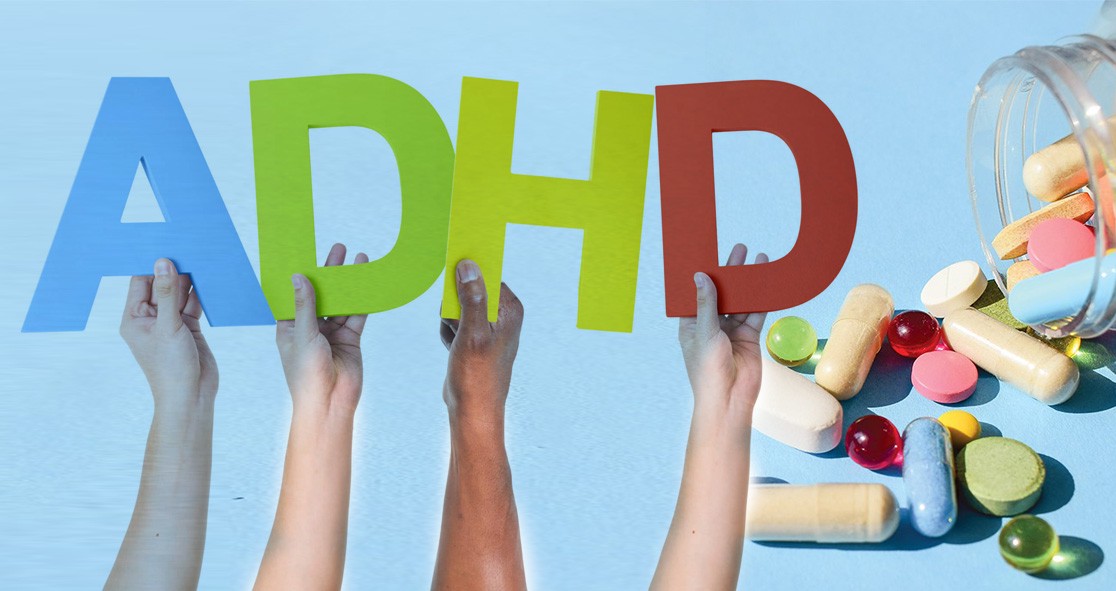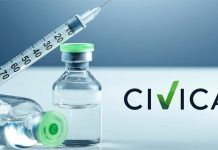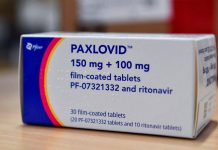Attention deficit hyperactivity disorder (ADHD) is one of the mental health disorders that may cause a range of symptoms, including trouble concentrating, forgetfulness, hyperactivity, or an inability to finish tasks.
ADHD is typically diagnosed in children and it may often persist through adolescence and later adulthood.
Medications can play a key role in treating ADHD in both children and adults, which may include stimulants or non-stimulants.
Stimulants advised for the treatment of ADHD include:
- Amphetamine and dextroamphetamine (Adderall)
- Methylphenidate (Ritalin)
- Dextroamphetamine (Dexedrine)
- Dexmethylphenidate (Focalin)
- Lisdexamfetamine (Vyvanse)
Non-stimulants prescribed for ADHD treatment include:
- Guanfacine (Intuniv)
- Clonidine (Kapvay)
- Atomoxetine (Strattera)
- Viloxazine (Qelbree)
The above-mentioned are the brand-name drugs for ADHD, which are typically expensive. However, they are available in generic versions that are often low-cost alternatives to brand-name drugs, The FDA says generic drugs are 80% to 85% cheaper than their branded counterparts.
Generic drugs for ADHD offer a cheap alternative to brand-name drugs. More importantly, they can save thousands of dollars.
So, is a generic ADHD medicine as effective as its brand-name counterpart is? Does Generic Ritalin work as well as brand Ritalin? Does Generic Adderall do the same?
Well, the FDA states that generic drugs are “identical” to brand-name drugs in terms of its “bioequivalence,” which means a generic drug and its brand version contain the same active ingredients, having the same “dosage form, safety, strength, route of administration, quality, performance characteristics, and intended use.”
Most physicians agree that most patients use generic drugs for ADHD successfully. However, they advise parents and caregivers to monitor for any changes in behavior or symptoms in children who switch to generic drugs.
Parents and caregivers should talk to their doctor about any changes, including side effects, in their children who are taking generic ADHD medications.
As far as payment support for generic ADHD medications is concerned, parents should first inform their physician and ask about generic substitutes if they have trouble paying for brand-name ADHD drugs.
Most physicians can offer generic alternatives that may lower the cost of medications. Moreover, there are patient assistance programs in many communities, which can help subsidize the cost of generic ADHD drugs.
If you have any concerns over the cost of brand drugs, check with your doctor first and discuss the risks and benefits of using generic ADHD drugs. By working with your physician, you can find a safe and effective generic medicine that will help.
Please note that medication is just half the picture of ADHD treatment. Along with generic drugs, patients may need certain computer programs that can organize their daily schedules and contacts.
More importantly, they need cognitive-behavioral therapy (CBT) or talk therapy to become well organized.























